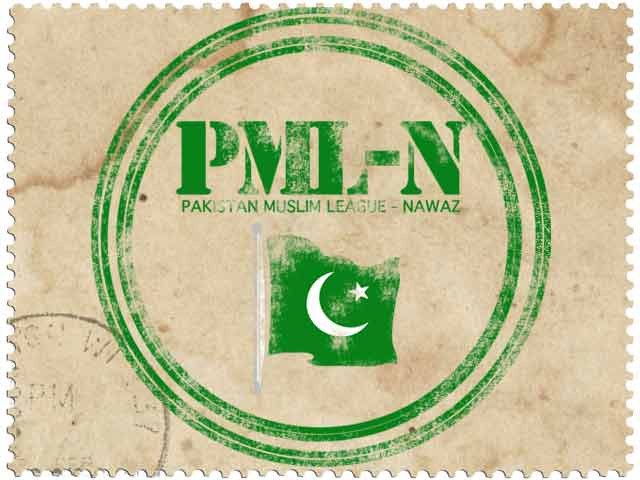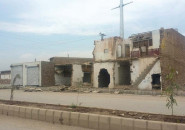PML-N alleges misuse of Article 187
Submits additional pleas in reserved seats review case

The Pakistan Muslim League-Nawaz (PML-N) on Wednesday submitted additional written arguments in the Supreme Court ahead of the hearing on its review petition against the July 12 verdict regarding reserved seats.
Filed through senior counsel Haris Azmat, the additional submissions argue that the use of Article 187 in the July 12 judgment was inconsistent with settled judicial principles.
The party contended that the SC had exercised its powers under Article 187 in a manner that deviated from established legal norms.
"The Detailed Reasoning in Paragraph No. 117, while granting relief to the PTI, has erroneously relied on Article 187 of the Constitution. The said findings are against the settled jurisprudence and hence liable to be reviewed," it stated.
The appeal also stated that the observations mentioned above were made without citing any judgment or past precedent from the SC to support them, which goes against its established jurisprudence.
The judgment also overlooked the fact that this was an appeal under Article 185(3) of the Constitution, challenging a judgment of the Peshawar High Court, not a public interest petition under Article 184(3).
Moreover, the petitioner was not given any chance or right to be heard on the issue of whether reserved seats could be granted to PTI, which was not made a party before the SC or in the earlier proceedings.
The appeal further argued that the detailed reasoning, in making the above observations, ignored the established jurisprudence of the SC, particularly regarding the limitations on the Court's powers under Article 187 of the Constitution.
It cited, for example, a ten-member bench judgment of the SC in Justice Qazi Faez Isa and another vs President of Pakistan, where the majority opinion in Paragraph No. 34 affirmed that no person, authority, tribunal, or court whether exercising executive or judicial powers can act against any person in violation of the law.
This principle, the appeal stressed, applies equally to SC when exercising its judicial authority, including under Article 187(1) of the Constitution.
While Article 187 allows the court to pass any order necessary to do complete justice between the parties, it cannot issue any order that contradicts fundamental rights, constitutional provisions, or applicable statutory law.
It was emphasised that the conclusions drawn in Paragraph No. 117 of the detailed judgement overlooked this consistent legal position. The powers under Article 187 can only be used between the parties before the Court and strictly in accordance with the Constitution and the law.
It contented that these powers cannot be invoked to reopen matters that have already been settled or to address issues not directly under consideration. The provision does not confer unlimited or unchecked authority on the court.
The submission emphasised that Article 187 does not grant the court unlimited powers, noting that the points on which the judgment was based were never part of the court record. It also claimed that none of the 80 SIC members personally appeared before the court.
It recalled that in its eight-judge detailed judgment, the court had emphasised that PTI's relief in this case stems from the court's concern for protecting the electorate's right to vote, which is guaranteed under Articles 17(2) and 19 of the Constitution.
"The procedural formality of first accepting PTI's application and then granting it the relief does not carry much weight where the Court's concern is the protection of the right of vote of the people (the electorate) guaranteed under Articles 17(2) and 19 of the Constitution, more than the right of any political partywhether it be SIC or PTI or any other party," the judgement had noted.
However, the PML-N's additional appeal argued that the above findings were "so shocking and surprising that even some of the other members of the bench recorded their separate reasoning on the same," citing the judgment authored by Justice Amin ud Din Khan and Justice Naeem Akhtar Afghan.
Importantly, the PML-N maintained that SIC and PTI cannot be treated as the same political entity.
It urged the apex court to reconsider and revise its July 12 ruling.
The case will be heard today (Thursday) by an 11-member larger constitutional bench of the Supreme Court, headed by Justice Aminuddin Khan.




















COMMENTS
Comments are moderated and generally will be posted if they are on-topic and not abusive.
For more information, please see our Comments FAQ